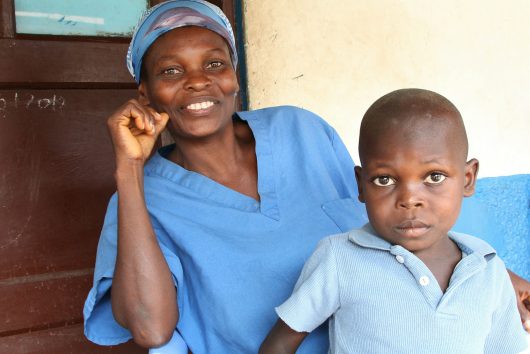Gates Foundation: Reducing Enteric and Diarrheal Diseases

According to a journal published in the Gastroenterology Section of the U.S. National Library of Medicine National Institute of Health, enteric and diarrheal diseases are the leading causes of death in young children under five years old. Of this age group, diarrhea occurs approximately 2.5 billion times each year resulting in the fatality of nearly 15 percent. The Bill and Melinda Gates Foundation aspires to eliminate enteric and diarrheal diseases by 2030, including typhoid in children under five by 2035. The World Health Organization (WHO) also reports that diarrheal related illnesses are the leading cause of malnutrition for children under five.
The Gates Foundation is committed to serving and advocating the lives of the world’s poor by improving health care, education and other areas that could dramatically impact the quality of life for billions. The foundation’s goal for this initiative is “We believe that all children — no matter where they live — should not suffer or die from enteric (gastrointestinal) and diarrheal infections.”
Understanding the development of children across the world can help prevent and reverse the issues of growth stunting caused by environmental enteric dysfunctionalities in young children under five. Improving socioeconomic conditions is a crucial component for the Gates Foundation to reduce these illnesses. Children will have better access to health care and treatment, and the improvement in the accessibility of clean and sanitized water and hygiene will help to significantly reduce the likelihood of occurrence.
The Gates Foundation is primarily focused on providing safe, effective and affordable vaccines to children in vulnerable countries where these illnesses are more prevalent. The Gates Foundation also invests in quality research aimed at improving case management and delivering treatment for children in medically vulnerable countries.
Currently, there are safe and effective vaccines available for rotavirus and cholera. WHO recommended that these vaccinations be included in national immunizations. Affordable treatments such as oral rehydration solutions, zinc supplements and antibiotics to treat dysentery could also prevent enteric and diarrheal diseases in young children. Breastfeeding exclusively for the first six months of life, personal and household hygiene improvements, access to safe and reliable drinking water and improved sanitation help reduce the development of gastrointestinal infections.
Gastrointestinal research is a growing field of study and is beneficial in understanding neurocognitive development and how to support physical growth. Promising opportunities have been made possible through research on gut microbiome, immune system and gut barrier to test and further the development of inventions that seek to prevent and reverse growth stunting.
Although advancements in research are occurring, not nearly enough political attention, adequate funding and thorough research go toward the alleviation of enteric and diarrheal diseases. This is partially due to the fact that the impact of these fatal illnesses has largely gone unnoticed in the international community.
Additionally, the lack of critical information on the pathogens and the environmental factors that cause theses pathogens limit proactive progress toward eliminating these devastating gastrointestinal illnesses.
The good news is that action and awareness can yield a more positive result in fighting against these diseases and essentially lower the number of lives they take.
– Haylee M. Gardner
Photo: Flickr
